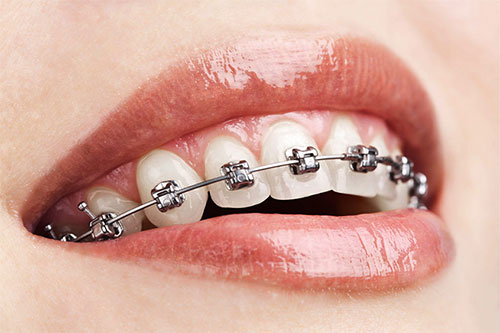What Does National Disability Insurance Scheme Cover?

The NDIS is a national scheme that funds Australian disability services; it pays for the assistance that a person needs because of their disability, but there are some murky areas and others that are difficult to grasp.
It is, therefore, important to consult with a professional who understands the system to make the most out of NDIS services available to you.
Does it cover dental treatments?
If NDIS covers health care including oral/dental treatments or not has been planting confusion among recipients and their family members. The NDIS states that additional disability-related health supports have been available for service recipients to purchase using NDIS funding since October 1, 2019. It is explained that the requirement for these services must be directly related to an NDIS participant's functional disability, be continuous, and be paid or provided by the NDIS in the most suitable way. A sufficiently qualified person, such as nurses and/or allied health practitioners, can provide disability-related health assistance. The supported independent living residents have ample opportunities to take classes offered at the provider’s premises.
We know that NDIS covers community participation, consumables, domestic are an so on. Amongst many, this has been a most confusing area; whether NDIS covers health, medical, and dental related expenses. While the answer may depend on the NDIS plan of each individual and medical/medicine may fall under the responsibility of the health care system, NDIS service providers are definitely expected to assist NDIS participants to visit the dentist by;
• Using the participant's preferred communication means, assist in making educated decisions about oral health care and treatment such as teeth cleaning, dental implants and fillings. If possible, include the participant's family, an independent support person, or a guardian in the decision-making process.
• Involving the participant's family and/or informal supporters to help the individual attend a dentist appointment, if necessary.
• Assisting the participant before, during, and after a dental appointment. This includes aiding them in communicating with the dentist and following up after the visit on the dentist's advice.
• Using the tools and resources provided to learn more about proper oral health care, how to help someone clean their teeth, if they are eligible for public dental health care, what information the dentist requires, and what occurs during a dentist appointment.
• Making sure that any information given to the participant is in an accessible format, such as Easy English or Easy Read if necessary.
Thus, because NDIS participants' health, safety, and well-being must be monitored, providers must help them maintain their health and receive appropriate health care, including oral health treatments.
Oral health care should also be followed up on by;
• Encouraging the participant to follow up after a dental appointment with the suggested care or modifications to daily brushing routines as well as with referrals to specialists in the fields of dentistry, medicine, and allied health.
• Ensuring that participants have frequent dental check-ups (at least once a year), that records reflect any changes or the need for dental health assessments, that recommendations are conveyed to the appropriate personnel, and that follow-up activities are performed.
• Ensuring that the dentist's suggestions are included in the participant's oral health care plan, support plans, and other pertinent documentation.
Moreover, the NDIS service provider should be assisting their client with oral hygiene on a daily basis by;
• Encouraging, educating and motivating clients to take care of their teeth and gums.
• Making sure NDIS service recipients have everything they need to take care of their teeth, including a toothbrush, dental flossing tools, fluoride toothpaste, and any other materials the dentist recommends.
• Inquiring about the client’s needs for brushing and rinsing their teeth after a meal.
• Making sure that provisions are in place to encourage person-centered involvement and support decision-making in oral health care activities for daily tooth care.
Referrals to other professionals
Providers should consider if the participant requires any of the following referrals and take appropriate action:
• Gagging when cleaning teeth, inability to clear food after eating and/or chewing, trouble eating particular meals, swallowing issues, weak or absent cough, or drooling are all signs that you should see a speech pathologist.
• An occupational therapist who can help participants with toothbrushing, flossing, utilizing dentist-recommended dental cleaning aids, and learning oral hygiene skills.
• An NDIS behavior support practitioner can help the member develop anxiety-management techniques and make acceptable changes for a positive dental visit.










